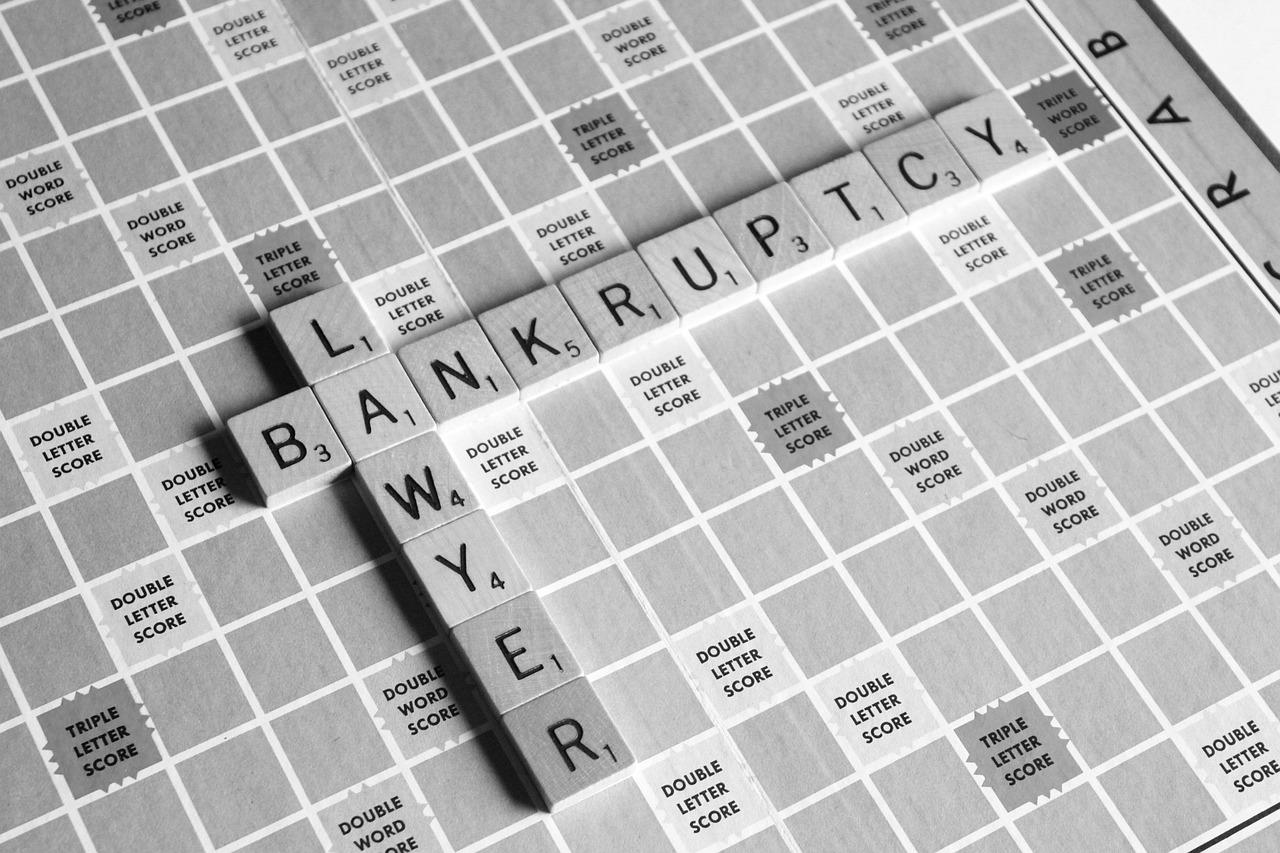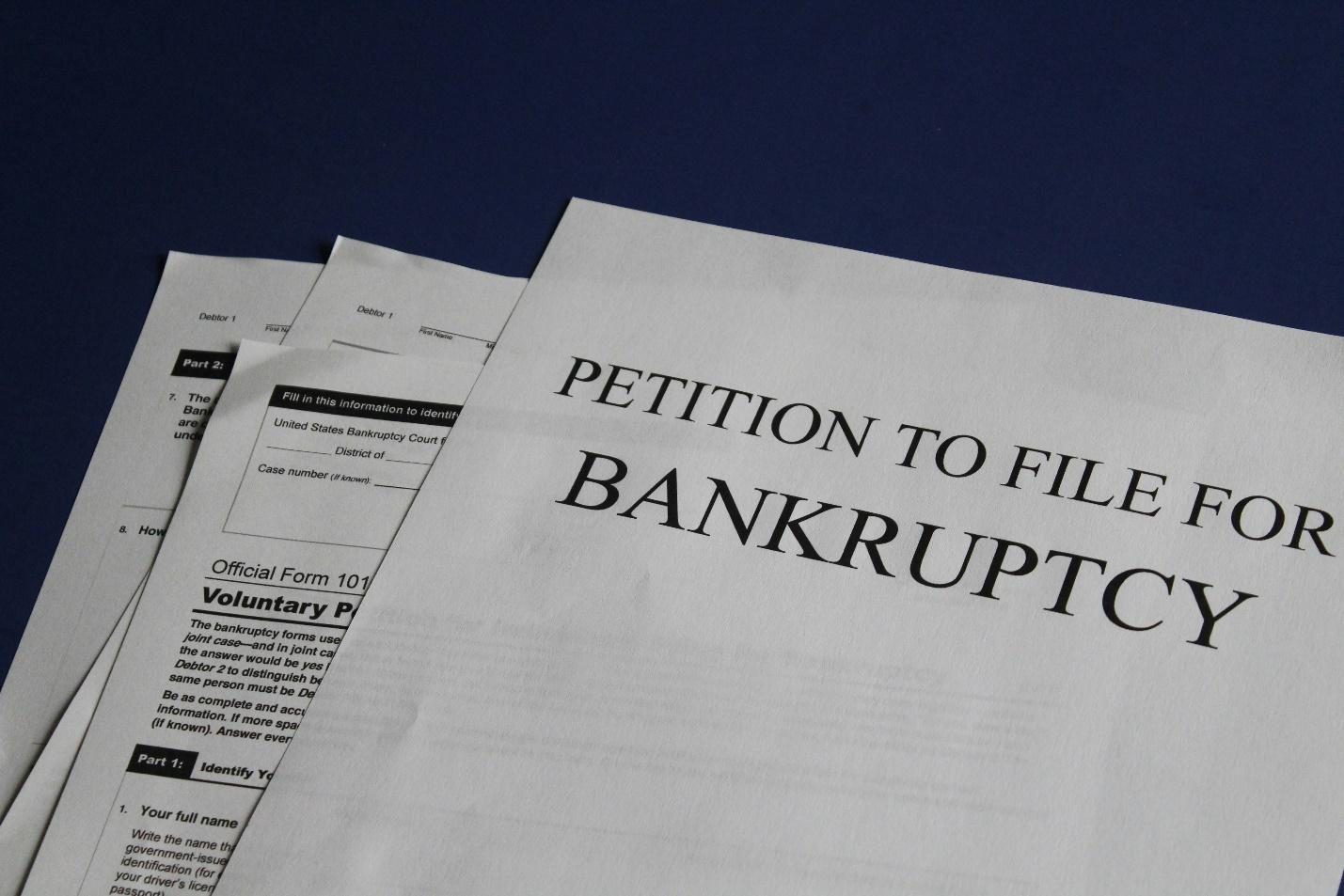Overwhelming debt can make it feel like there is no way out. But choosing bankruptcy as an option can actually be the way to getting a complete financial restart. The term bankruptcy stereotypically creates panic. But it may be a suitable last resort to dealing with debts you know you can no longer manage.
Bankruptcy allows you to get relief from debts by court order. There are also different types of bankruptcy options suitable for different situations, so it is critical to choose a specific one compatible with your financial case. Most common are Chapter 7 and Chapter 13 bankruptcies.
To better understand the two types and their usage, let’s review the key the differences.
Understanding Chapter 7 Bankruptcy
Commonly referred to as “liquidation bankruptcy”, Chapter 7 is most recommended for people with income lower than state standard and people who do not have disposable income left after living expenses. In declaring Chapter-7 bankruptcy, all collection efforts are halted and your non-exempt assets are sold to recover the debt amount.
As such, your debt is discharged in just a few months (approximately 3 to 6). It’s best for unsecured debt such as credit card bills, medical bills, etc. In the case of exempt assets, if your payments are late, then your exempt assets can also be at risk. While local laws in Alice, TX usually safeguard property, it is still best to consult a bankruptcy lawyer in Alice for case specific information.
Understanding Chapter 13 Bankruptcy
In the case of Chapter 13 bankruptcy, usually referred to as “wage earner’s plan”, the debt is recovered through future income. In short, it is a restructuring of the debt for manageable payments to be made in the next 3 to 5 years if there is disposable income left after accounting for living expenses.
Even though the course of Chapter-13 bankruptcy is longer, it stays on your credit score for a shorter period of time (for 7 years, as against 10 for the former type). This allows you to safeguard all your secured assets as repossession or foreclosure is stopped indefinitely.

What to Choose
If you have a ton of unsecured debt and low income, then Chapter 7 bankruptcy would be more suitable. Whereas, Chapter 13 is best for a court ordered repayment plan based on future income that you know you can manage without putting your assets at risk. However, bankruptcy cases can be extremely complex. Finding the best solution requires a tailored approach which you are most likely to get by hiring a qualified bankruptcy lawyer in Alice.
Don’t Take Further Risk—Contact the Law Office of Joel Gonzalez
Making the decision to declare bankruptcy requires expert consideration as it can have a lasting impact on your financial history. At the Office of Joel Gonzalez, I personally go into the depth of Chapter 7 and Chapter 13 bankruptcy to figure out which solution works best for you. So take no further risks, and contact today to make the right decision.








